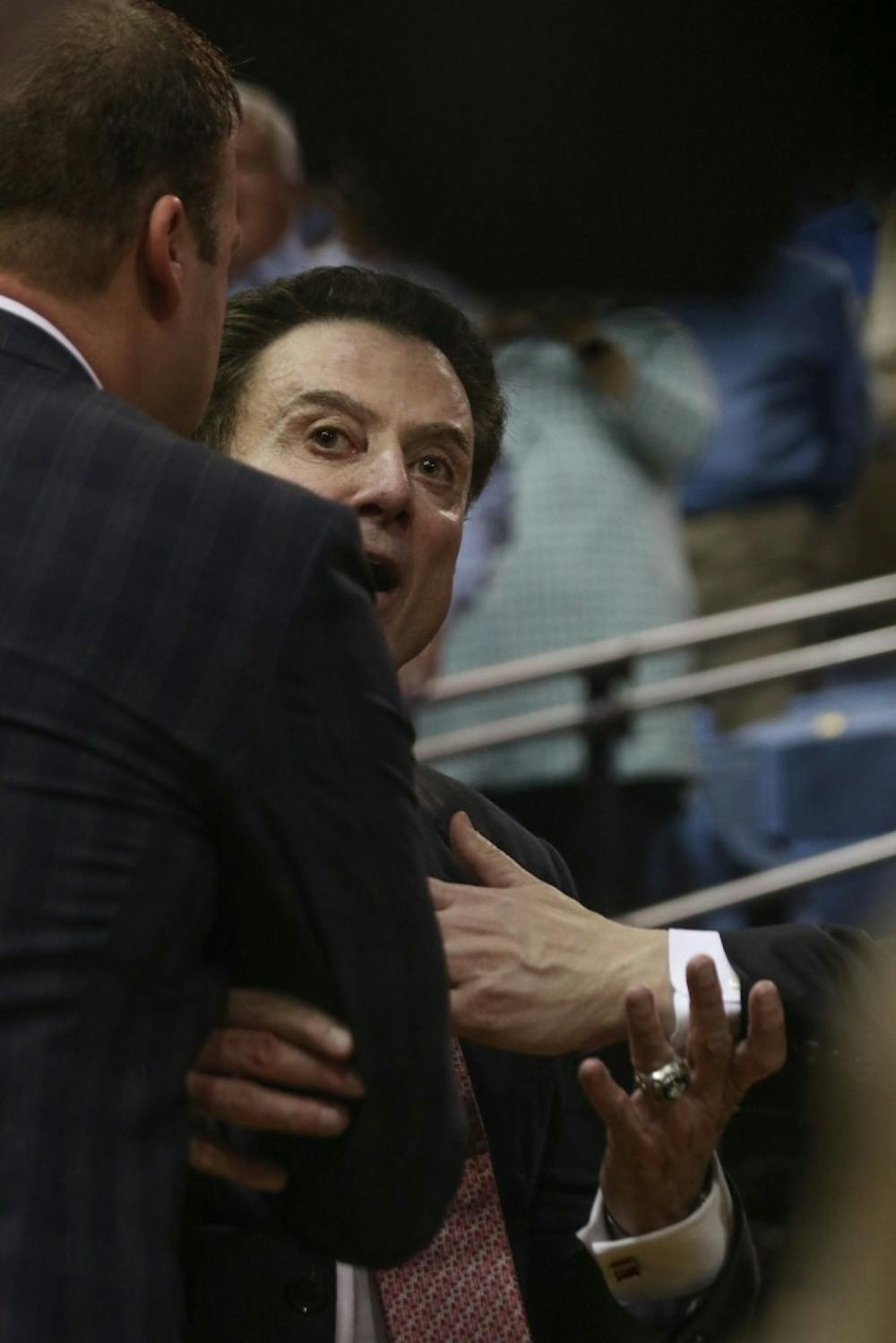As Germany prepared to host the 1936 Summer Olympics in Berlin, the Nazi party spared no costs to arrange for every detail to fit into its carefully tailored public image. With that mindfulness for the public eye, Adi Dassler, a Nazi party member and budding shoe designer, knew how important it was to get Jesse Owens in his shoes.
Owens was set to be the star of the coming Olympics, and, as Barbara Smit details in her book "Sneaker Wars", it didn’t matter that Owens did not fit the Nazi ideal of an Aryan race. Dassler saw an immense marketing opportunity in linking his shoe company to the globally iconic Owens.
No value seems to have been more deeply held by Dassler than the actual value of cheap advertising. And more than 80 years later, Adidas, the company founded by and named for Dassler, still knows this basic principle.
In a world where the NCAA has prohibited athletes from being paid for their labor while in college, some defenders of amateurism in college athletics have claimed that there simply isn’t enough money to pay college athletes.
Last Tuesday, when an FBI investigation revealed a widespread scandal of apparel companies funneling money to would-be "amateur" athletes, major corporations such as Adidas proved this to be overwhelmingly and indisputably untrue. And, according to some, maybe that isn’t a bad thing.
“A cynic — maybe even a realist — would argue that at the very least, at least in this situation, the athletes themselves that bring so much wealth to universities through the playing of basketball and football are finally at least getting some form of financial compensation for their talents and what they bring,” said Matt Andrews, a UNC history professor and sport historian.
“Now it's all done against the rules, and so no one wants to applaud rule breaking. But if that's one of your critiques of amateurism and the NCAA, there's a way in which you could say that this is progress.”
The details of the scandal rocked the sports world, and the shock has already led to significant consequences, such as the dismissal of Hall of Fame basketball coach Rick Pitino and long-time athletic director Tom Jurich from Adidas-sponsored Louisville. More consequences are sure to follow as the FBI investigation builds cases against more coaches, more universities and more apparel companies.
There was initial shock that so many big names were involved, but not much is inherently shocking about the scandal.



